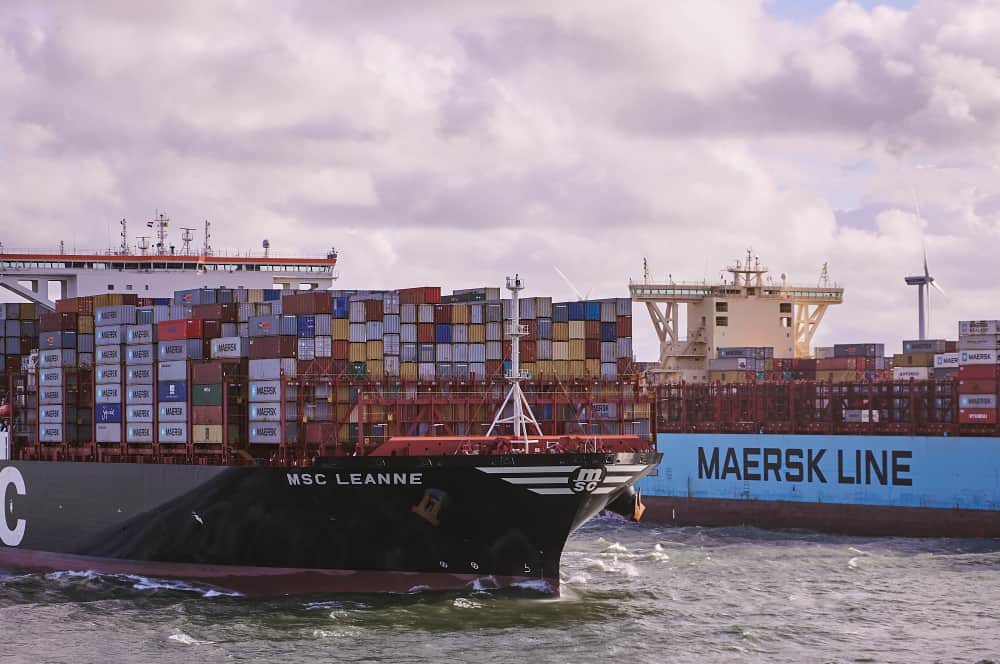
Mediterranean Shipping Company (MSC) is all set to overtake Maersk Line, as the world’s largest container line.
All thanks to its hefty new orders and aggressive strategies, MSC is on the verge of surpassing their 2M alliance partner Maersk as the world’s largest carrier amidst its fleet capacity approaching 4 million TEUs. MSC operates a fleet of 587 boxships comprising 3.9m TEUs, while Maersk’s 711 ships have an aggregate capacity of 4.1m TEUs, figures from Alphaliner show. The capacity gap between the two stands at just 234,000 TEUs.
Taking into account MSC’s new orders, as well as the company’s active involvement in the secondhand tonnage market, it can be said that it is all set to overtake Maersk on a capacity basis sometime next year, becoming the largest container line in the world.
In addition to its active new ship-building program, MSC is also aggressively acquiring second-hand tonnage. Comparing Maersk’s fleet expansion strategy and order books, it’s safe to say that MSC might be the biggest container line in 2022 when it comes to net tonnage.
MSC’s growth is not only supported by its new ship-building program, but also by chartering and buying second-hand vessels. The Swiss carrier has been quick to seize the charter market opportunities and has been one of the most active buyers of second-hand container tonnage: since August, MSC has purchased more than 30 vessels with 925 to 8,500 TEU
The latest MSC plunge into the second-hand markets has three ships connected. MSC has acquired 1,850 TEU Acacia Makoto of China’s Qingdao Pengteng, which was built in 2004, for $6.95 million, 1,730 TEU Voronezh of fiasco for $9 million, and RHL Aurora of Hamburger Lloyd built-in 2006 for 6.5 million.
According to the Alphaliner, MSC doubled its container fleet in just eight years. So far this year, it has grown by 4%.
On the other hand, as Maersk refocuses on decarbonization and dives deeper into exploring alternative fuels, they are expected to refrain from placing any large orders in the near term. Instead, they have been investing heavily in extending their reach into supply chain logistics
MSC’s path to becoming the leading shipping line has been one of organic growth. Meanwhile, Maersk owes its top spot to the acquisitions of Sea-Land (1999), P&O Nedlloyd (2005), and Hamburg Sud (which added 600,000 TEUs to the Maersk fleet in 2017).




